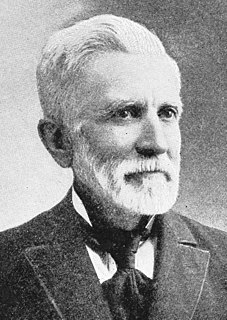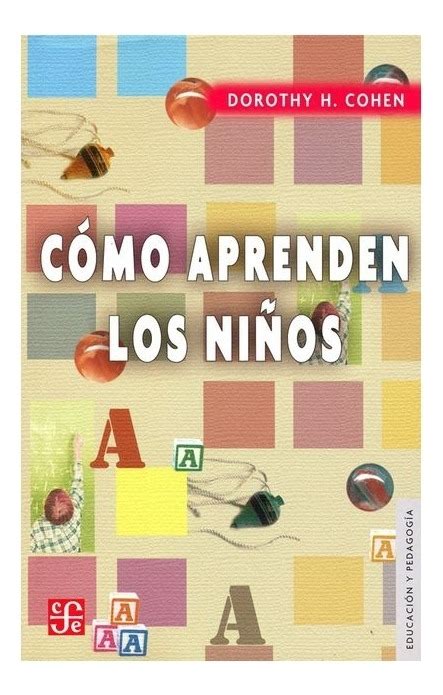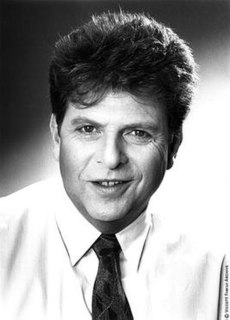A Quote by John Swett
The child should be taught to consider his instructor...superior to the parent in point of authority.... The vulgar impression that parents have a legal right to dictate to teachers is entirely erroneous.... Parents have no remedy as against the teacher.
Related Quotes
Nevertheless, no school can work well for children if parents and teachers do not act in partnership on behalf of the children's best interests. Parents have every right to understand what is happening to their children at school, and teachers have the responsibility to share that information without prejudicial judgment.... Such communication, which can only be in a child's interest, is not possible without mutual trust between parent and teacher.
Parents and schools should place great emphasis on the idea that it is all right to be different. Racism and all the other 'isms' grow from primitive tribalism, the instinctive hostility against those of another tribe, race, religion, nationality, class or whatever. You are a lucky child if your parents taught you to accept diversity.
The teacher will never be a parent. The parents are the parents. But they have to engage in some sort of active education beyond just teaching mathematics and French and English because the kids spend more time there than they do with their parents at that age. We have to accept that other adults will be part of our children's education and they will have bad teachers. That's going to happen.
There's a natural tendency for children to, in some sense, inherit the cultural values of their parents. I'm not against that, that's fine, that's wonderful. What I am against is labelling. Nobody ever labels a child a cricketer because his father is a cricketer, but they do label a child a Catholic because his parents are Catholic. I think it's more or less unique. Nobody ever labels a child a socialist or a conservative or a liberal because that's what their parents are.
Compared to other parents, remarried parents seem more desirous of their child's approval, more alert to the child's emotional state, and more sensitive in their parent-child relations. Perhaps this is the result of heightened empathy for the child's suffering, perhaps it is a guilt reaction; in either case, it gives the child a potent weapon--the power to disrupt the new household and come between parent and the new spouse.
I know from my own experience as a parent that parents probably teach most powerfully not through their words but through their deeds. And my parents taught me through the stories of their lives. And I don't take any credit for the things that they did or the things that they experienced, but they made a great impression on me.
When a child loses his parent, they are called an orphan. When a spouse loses her or his partner, they are called a widow or widower. When parents lose their child, their isn't a word to describe them. This month recognizes the loss so many parents experience across the United States and around the world. It is also meant to inform and provide resources for parents who have lost children due to miscarriage, ectopic pregnancy, molar pregnancy, stillbirths, birth defects, SIDS, and other causes.
Without a sense of the shame or guilt of his or her action, the child will only be hardened in rebellion by physical punishment. Shame (and praise) help the child to internalize the parent's judgment. It impresses upon the child that the parent is not only more powerful but also right. Like the Puritans, Locke (in 1690), wanted the child to adopt the parent's moral position, rather than simply bow to superior strength or social pressure.
In considering the ledger equal, understand the greatest gift you have given your parents is the opportunity to raise you. The things a child gets from parents can't compare to the things a parent gets from raising a child. Only by experiencing this can you understand the degree to which children give meaning to parents' lives.
Let's ask their parents. And will those children point to their parents and tell us you really need to enforce the law against my parents? Because they know what they were doing when they caused me to break the law. I don't think we've thought through this very well. But there's a reason why in the president's DACA programs he didn't grant his unconstitutional executive amnesty to the parents of dreamers.
Today's parents have little authority over those others with whom they share the task of raising their children. On the contrary,most parents deal with those others from a position of inferiority or helplessness. Teacher, doctors, social workers, or television producers possess more status than most parents.... As a result, the parent today isa maestro trying to conduct an orchestra of players who have never met and who play from a multitude of different scores, each in a notation the conductor cannot read.
































